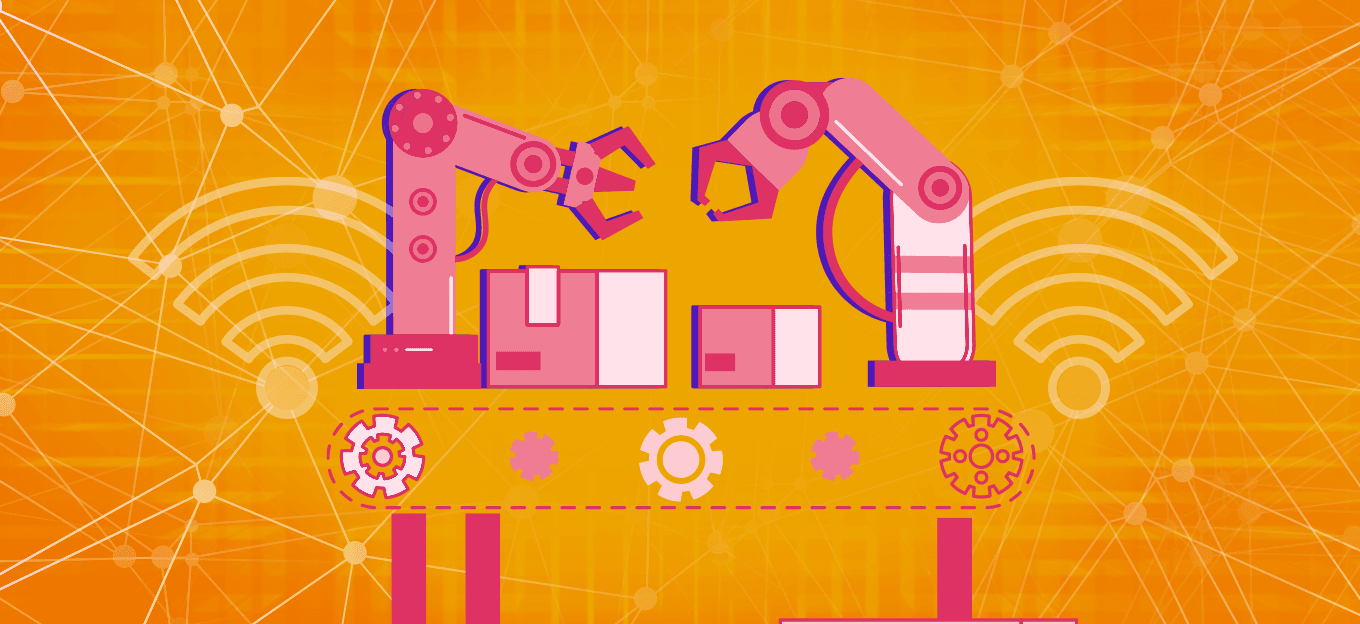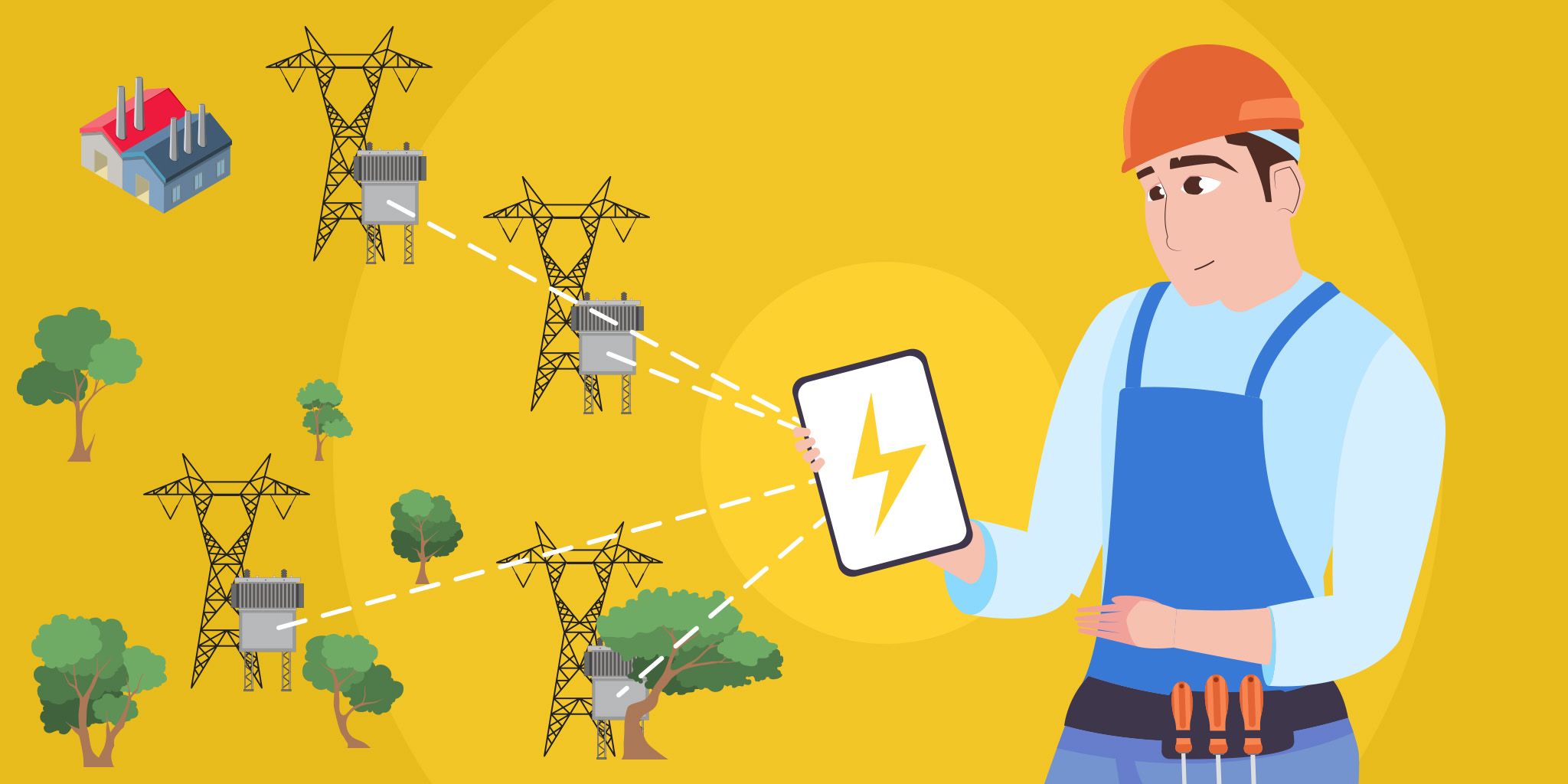How Smart IoT Modules Impact Different Industries
How Smart IoT Modules Impact Different Industries
- Last Updated: December 2, 2024
Guest Writer
- Last Updated: December 2, 2024



As digital transformation becomes the key for both societal and economic growth, the Internet of Things (IoT) is at the center, bridging the gap between the physical world and the Internet. IoT modules, small computing components embedded in devices, have always been one of the most critical components in this process, allowing wireless connectivity between the devices and the network. At the same time, the influence of consumer products has been brought to the world of IoT, which results in a market in need of IoT modules that can better improve the consumer experience.
Smart IoT modules have the ability to process a large amount of data, providing an interactive user experience for all industries.
Among various kinds of wireless modules, the smart IoT module stands out with the ability to process a large amount of data, providing an interactive user experience. Comparing with other wireless communication modules, smart modules integrate multiple wireless technologies in one single module, with advanced computing power enabled by powerful CPUs and multimedia display functions to satisfy the need of a consumer-style application environment.
Smart IoT Module Empowers Different Industries
Smart IoT module has large market potential, which is ideal for applications that require high-definition, multimedia functions, and a certain level of computing performance. Some examples include:
Electronic Cash Register (ECR) and Smart POS (Point-of-Sale)
The demand for smart modules rises when there is an increasing need to redesign older payment terminals to comply with new financial and data security regulations, protecting consumer privacy. Smart IoT modules embedded in smart payment terminals enable quick and safe transactions over cellular networks anywhere anytime.
Smart Vending Machine
People nowadays expect a more convenient and personalized shopping experience, which has encouraged many business owners to turn to IoT to help them improve customer satisfaction while increasing revenues and reducing overall costs.
With a powerful CPU, high processing ability, and integration with algorithms, smart modules embedded in a smart vending machine, no matter it is traditional ones or with AI vision, can greatly reduce time-wasting and labor costs, which is perfect for convenience stores as well as kiosks in train stations and airports.
Telematics Devices
In the not-too-distant future, vehicles will become rolling smart devices. Self-driving vehicles, in-vehicle user personalization, and intelligent driving assistance can all be empowered by smart IoT modules. For instance, embedded with the smart module, in-vehicle infotainment (IVI) systems allow drivers and passengers to connect their smartphones to the vehicle dashboard, providing navigation and voice control over music, phone calls, and messages.
IP Cameras
The video surveillance system is crucial for public security, an integral component of a smart city. As HD surveillance technology gains maturity, high-definition has become an inevitable trend. Smart IoT modules can be built into HD IP cameras (IPC), video encoders, and other IoT terminals or combined with AI technology, sensors, etc. In this way, HD surveillance image data obtained by the cameras can be transmitted to management centers in an express and low-latency manner for real-time monitoring and analysis.
Industrial Handhelds
Industrial handhelds, or PDA (Personal Data Assistant), is a device that acts as a mobile manager of personal information. Integrated with smart IoT modules, handhelds such as barcode readers and RIFD scanners can help maintain asset records. These portable handheld devices can be used for various tasks, ranging from simple tasks such as locating items, verifying prices, scanning signatures, analyzing ID cards and licenses to complex tasks such as managing inventory.
The Most Comprehensive IoT Newsletter for Enterprises
Showcasing the highest-quality content, resources, news, and insights from the world of the Internet of Things. Subscribe to remain informed and up-to-date.
New Podcast Episode

IoT in 2026: Trends and Predictions
Related Articles





